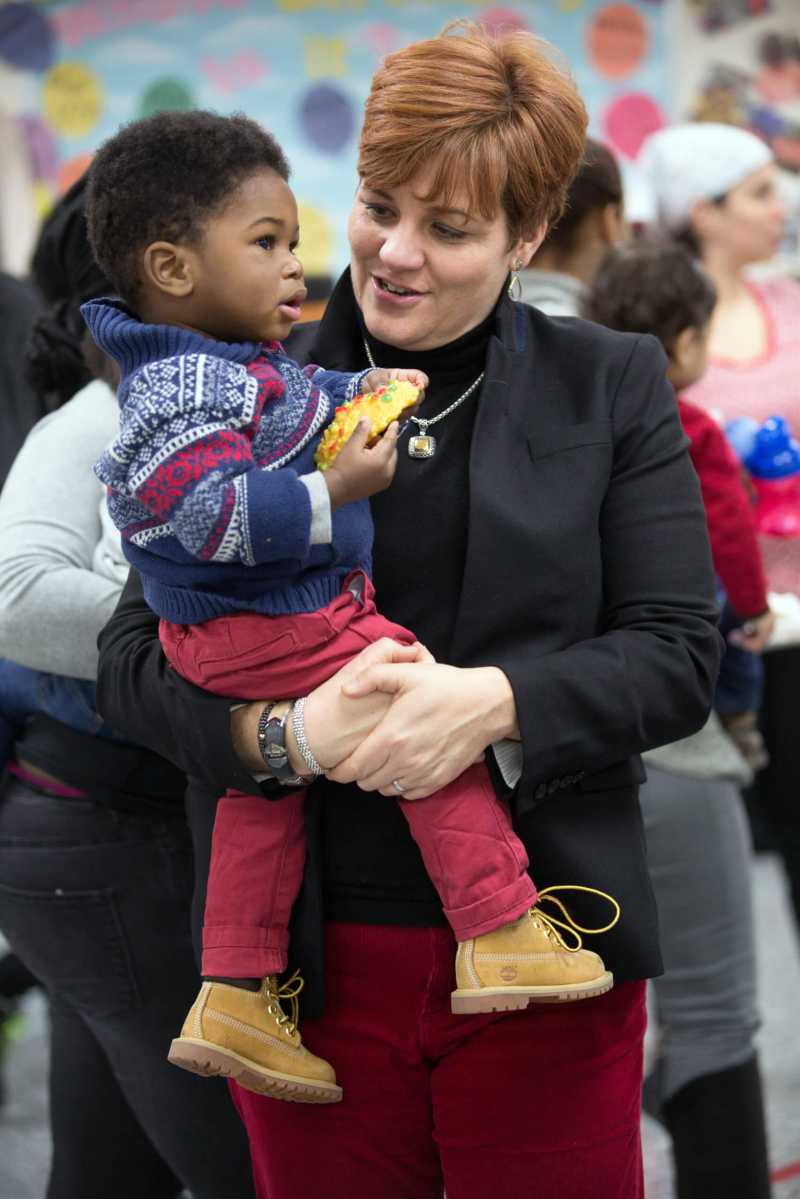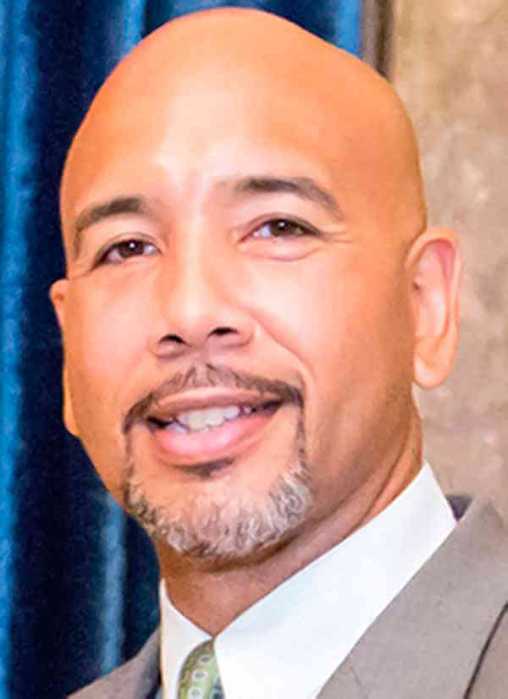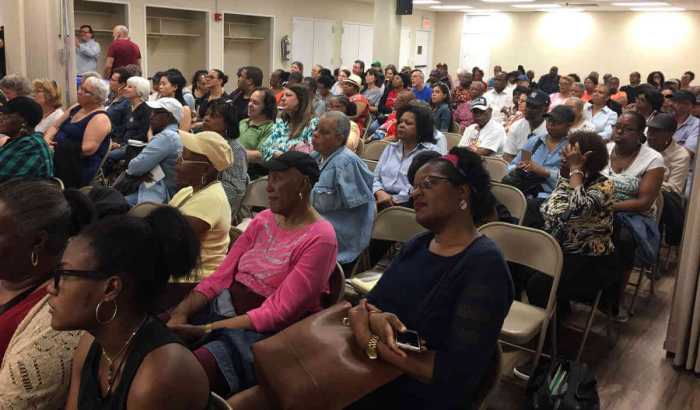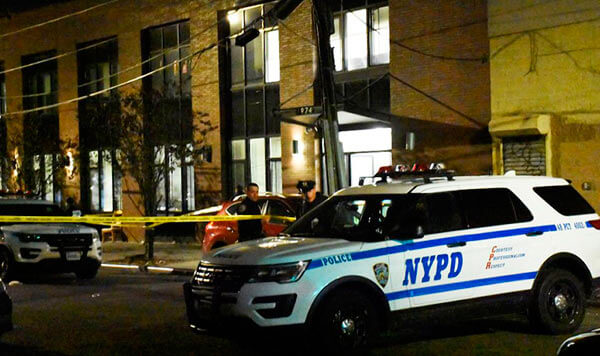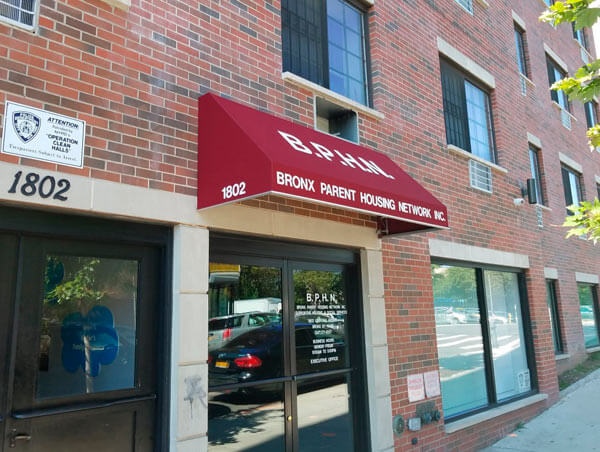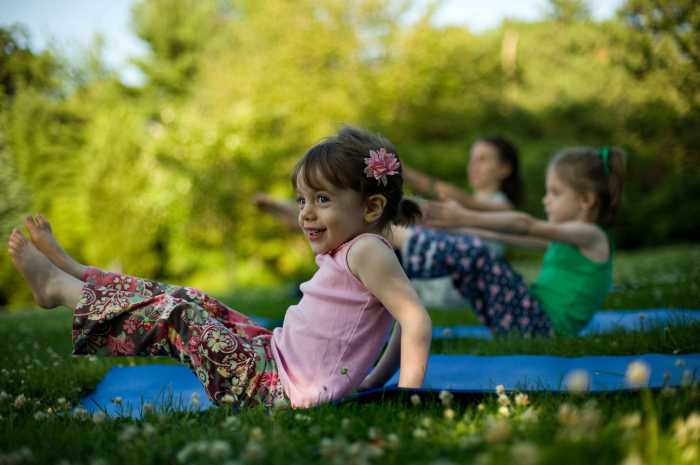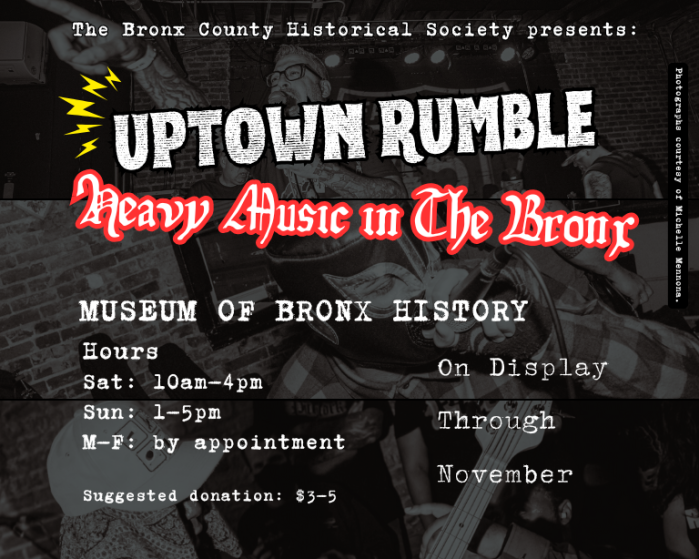As New York City confronts the social and economic damage of COVID-19, months of lost employment and reduced wages will have a devastating impact on homeless and low-income families.
Over 325,000 of New York City’s lowest income households, which equals almost 1 million people, are vulnerable to severe income and housing loss caused by COVID-19. Without emergency action and a multi-year plan, many will find themselves unable to afford rent and needing to turn to an already overburdened homeless services system.
Win, the city’s largest provider of shelter and support services for homeless mothers and their children, recently announced a housing stability and recovery plan, “The Aftermath Plan: Responding to Homelessness in the Wake of COVID-19.”
This plan lays out steps to address the increase in housing instability and includes five policy pillars:
- Establish a new Stay-at-Home Emergency Rental Assistance Voucher to help low-income renters stay in their homes.
- Create NYC Rapid Rehousing to help families avoid shelter by providing temporary accommodations (30 to 60 days) in apartment-style student housing and hotels and an enhanced rental assistance voucher to help families quickly find a new home.
- Convert vacant hotels to family shelters and provide social services.
- Make common-sense adjustments to the CityFHEPS rental voucher so the program widens the door out of shelter now.
- Redouble efforts to create and preserve deeply affordable housing.
“Family homelessness and the COVID-19 crisis will be defining issues for life in New York for the next several years,” said Christine Quinn, president and CEO of Win. “We can’t slip backwards. We have to get this right. Because before COVID-19 struck, New York City was already battling twin crises of affordability and homelessness. Now, the economic crisis brought on by the pandemic threatens to push thousands more lower-income New Yorkers further into poverty and closer to homelessness.”
The health and economic devastation of COVID-19 has disproportionately impacted the already-vulnerable, and Win is seeing the impact in its own shelters. Twenty five percent of working moms at Win have lost their jobs and many more have seen hours and shifts cut.
Job losses in New York are concentrated in service industries that disproportionately rely on low-paid workers, as well as women and people of color. Early estimates show New York losing 1.2 million jobs. Nearly two-thirds of all jobs lost pay salaries of $40,000 per year or less. Just 10 percent of job losses were positions paying more than $100,000 per year.

